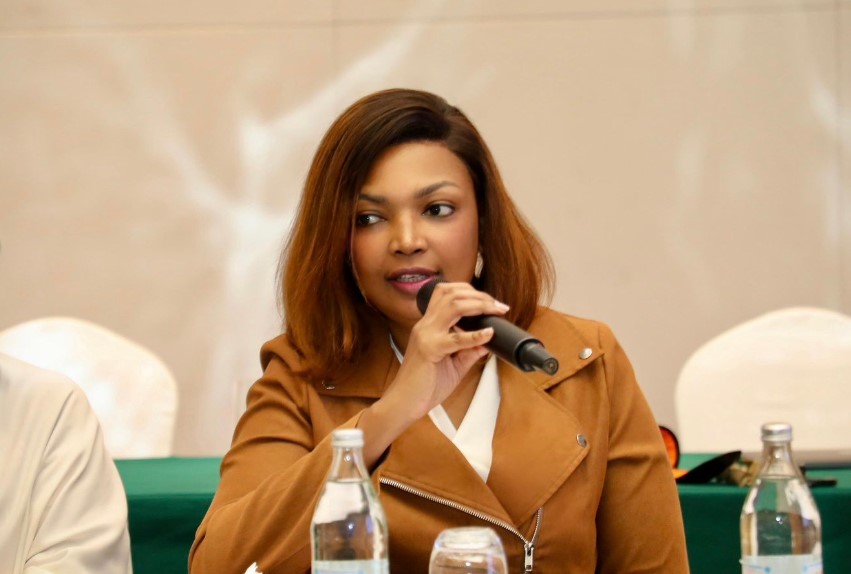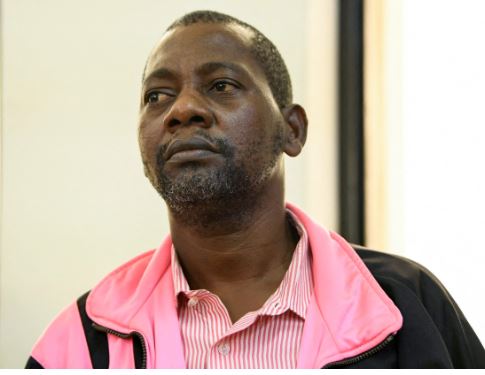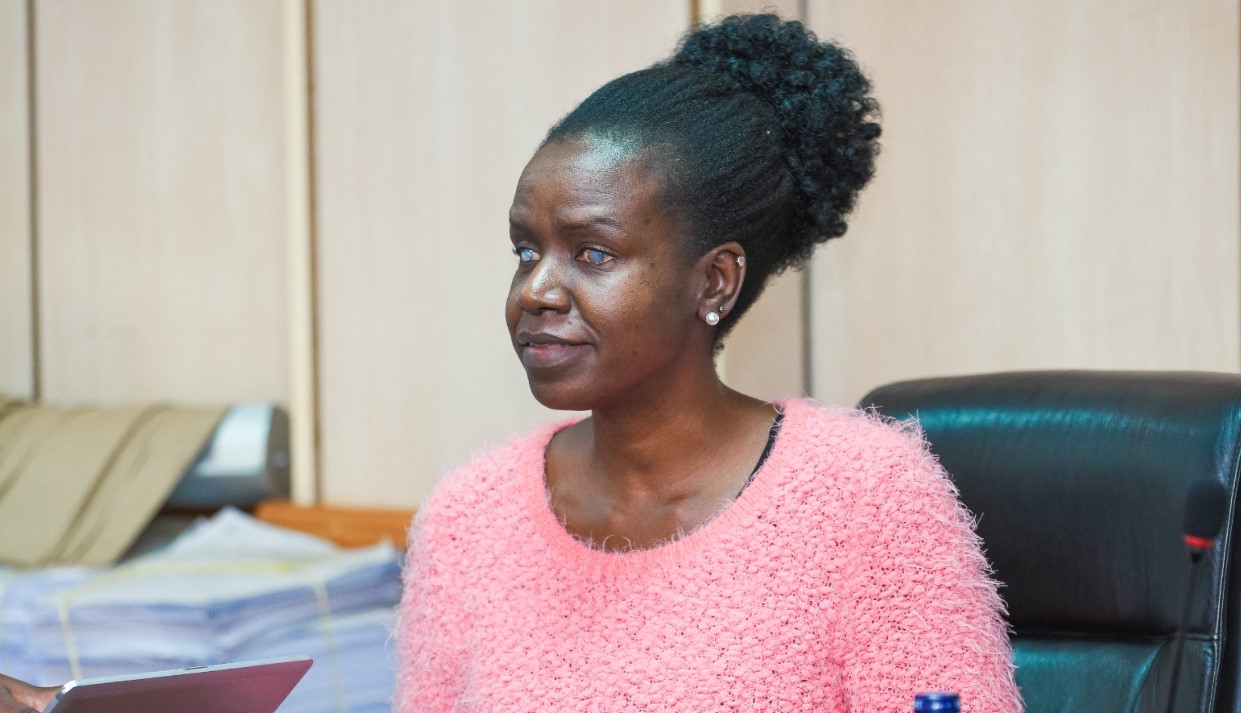Kwale locals express discontent over unresolved land injustices on Madaraka Day
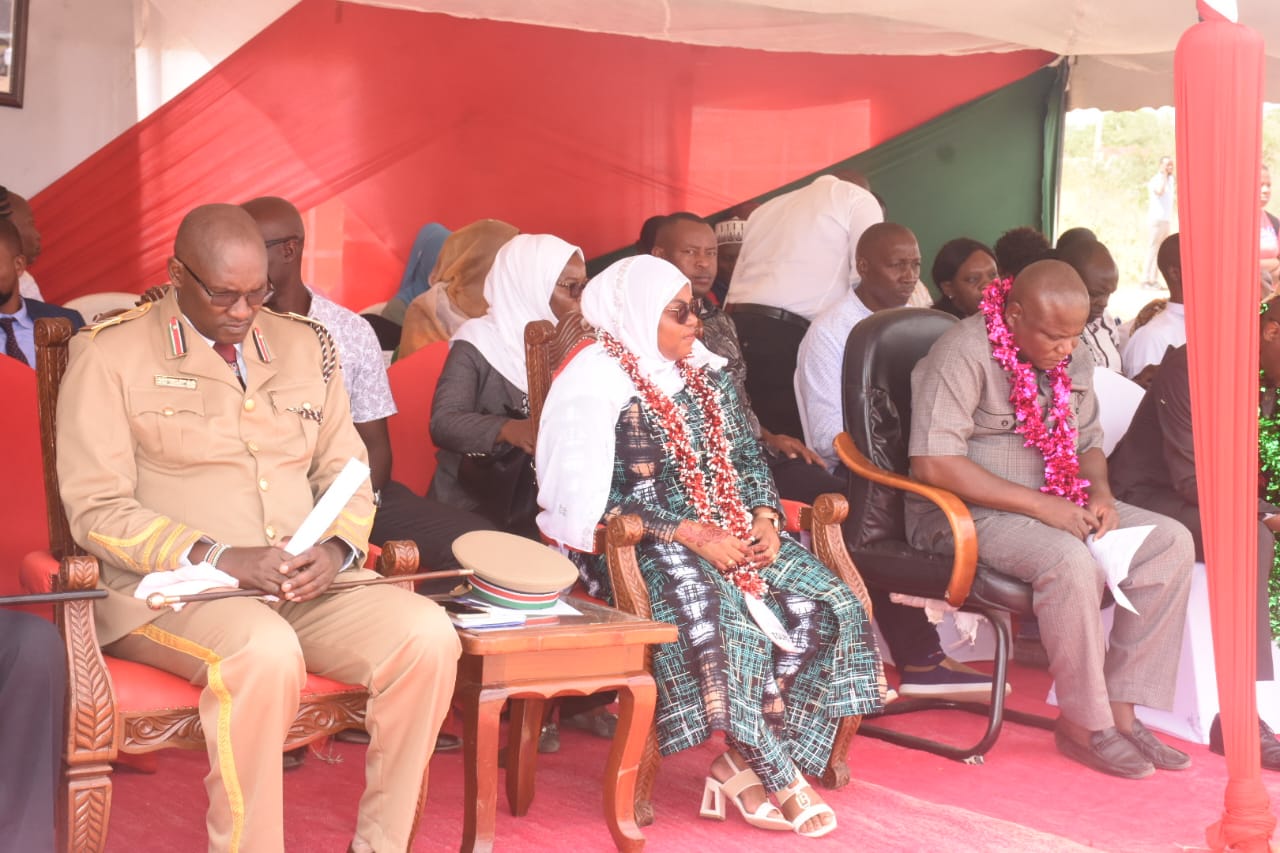
Locals also urged the county government to improve quality of education and agriculture. Despite having fertile farms, locals say the government has not provided enough support to farmers.
As the country celebrates its 61st Madaraka Day today, Kwale locals have voiced dissatisfaction over the backlog of unresolved land injustices.
The residents argued that the government should have settled all squatters by now.
More To Read
- Kwale County selected for UN-led gender-responsive blue economy programme
- Shimoni port welcomes first cruise ship, boosting Kwale County’s tourism revival
- State turns to private sector to drive agricultural transformation
- Governor Achani orders crackdown on vandals sabotaging Kwale’s water infrastructure
- Relief for Laikipia residents as Government waives land charges
- How farmers are integrating modern, traditional farming models to beat food insecurity
"Why should we celebrate independence when there are locals who still have no place to call home? The colonial masters are gone, and now our own are colonising us," said Ali Kuba, a local from Nuru.
His sentiments were echoed by Hamisi Rajabu, who lamented that investors and tycoons are grabbing parcels of land in Kwale, leaving residents homeless.
"We need to see change. We need to feel the difference now that we are independent. But that is not the case here in Kwale," he said.
Disputed lands include Wasini, Shimoni, Anzwani, Gandini, Diani, Tiwi, Mwaluphamba, Tsuini in Vanga, and many more.
Locals also urged the county government to improve the quality of education and agriculture. Despite having fertile farms, locals say the government has not provided enough support to farmers.
Juma Shibe pointed out that, despite coconut and cashew nuts thriving in the region, there are no markets or industries for value addition.
"We could be exporting cashew nuts and coconut, but middlemen just exploit us, and the county is nowhere to support us," he said. He added that the county could solve unemployment by creating a conducive environment for farmers.
"Why do we have to buy food from other counties when we have farms that can produce most of these foodstuffs?" he asked.
The locals believe that Kwale could be self-sufficient in food production with proper support.
"Our fishermen still use old methods of fishing, which do not allow them to venture into the deep sea. Despite being in the trade for over 10 years, most of them are still impoverished," Shibe said.
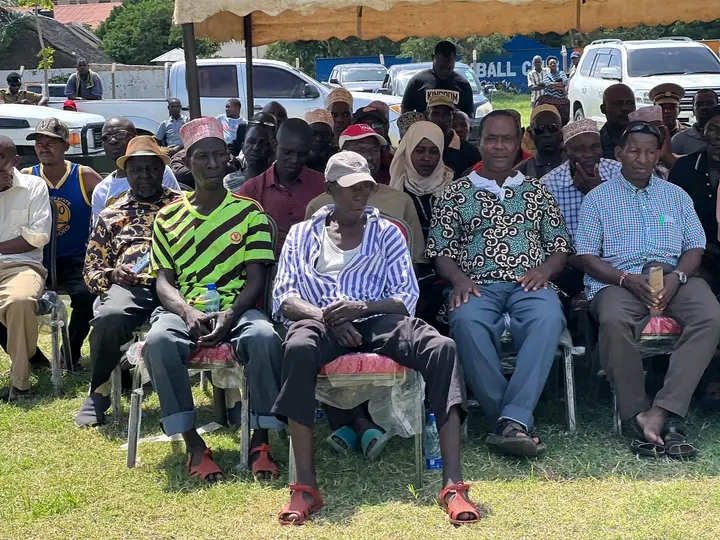 Kwale residents who attended the Madaraka Day celebrations. (Handout)
Kwale residents who attended the Madaraka Day celebrations. (Handout)
Regarding education, Susan Maina noted that Kwale still has a long way to go in providing quality education for children.
"Some schools have terrible infrastructure; children sit on floors with leaking roofs and cracked walls. Some schools have fewer teachers than required. How do you expect these children to compete fairly with those in developed schools that have everything, including computers? The county government should prioritise this," she said.
She added that issuing bursaries alone is not enough to improve the sector.
In her Madaraka Day address at Sobibor in Mackinnon Road, Kwale Governor Fatuma Achani highlighted significant strides in improving education in the region.
Governor Fatuma noted that her administration has constructed more than 50 Early Childhood Development Education (ECDE) centres and vocational training institutes. This initiative aims to ensure children receive a solid foundation and youths acquire skills for earning a living.
"Our children must learn. My government has propelled the education sector forward, and we will continue until we reach our goal of ensuring all children are in school," she stated.
Regarding agriculture, Governor Achani mentioned that her government has been distributing hybrid seedlings to locals across all 20 wards in the county to enhance the quality of their produce.
Additionally, she announced that the county is currently constructing a fruit processing plant in Shimba Hills, which is in its final stages.
"The processing plant will be a game-changer for Kwale farmers," she said, stressing the positive impact it will have on the local agricultural sector.
Top Stories Today

